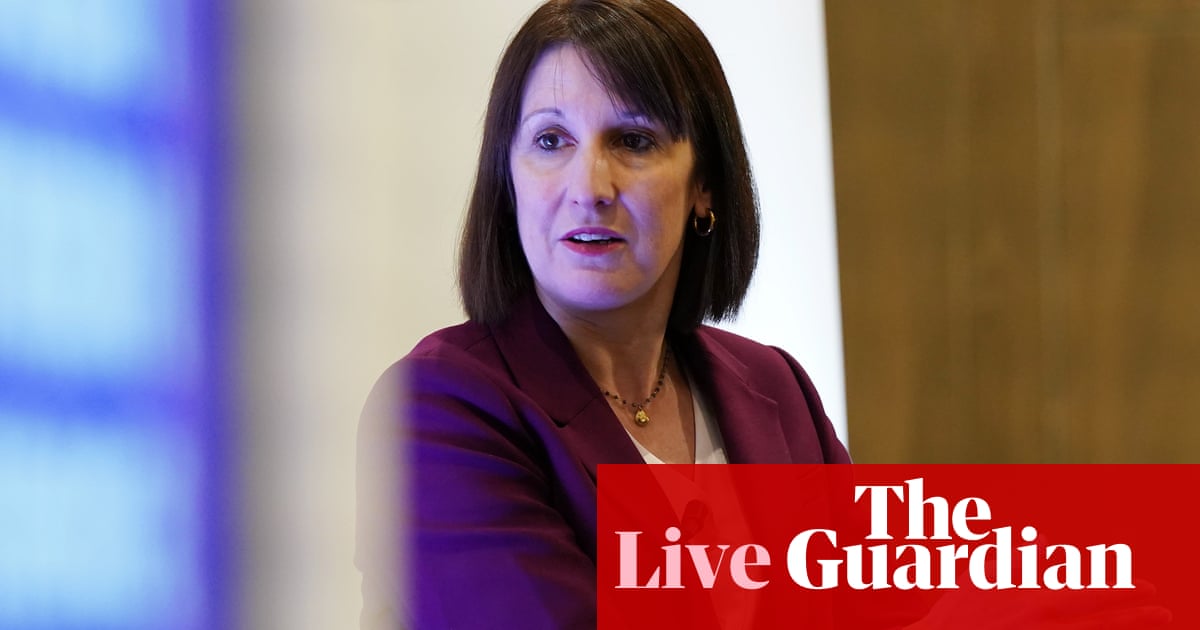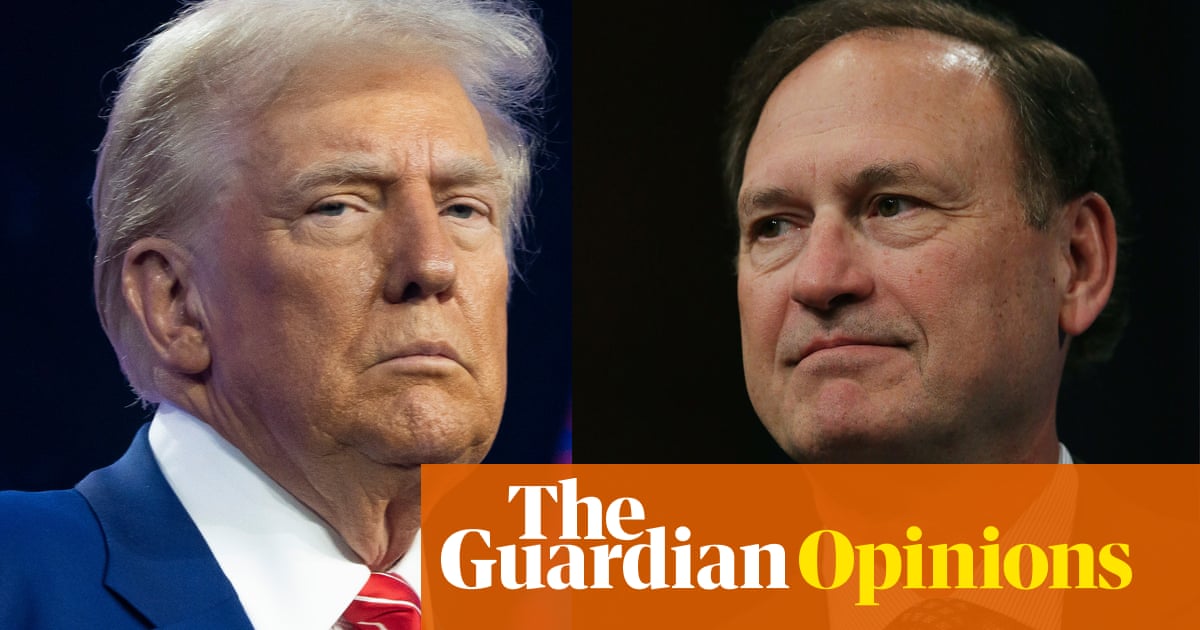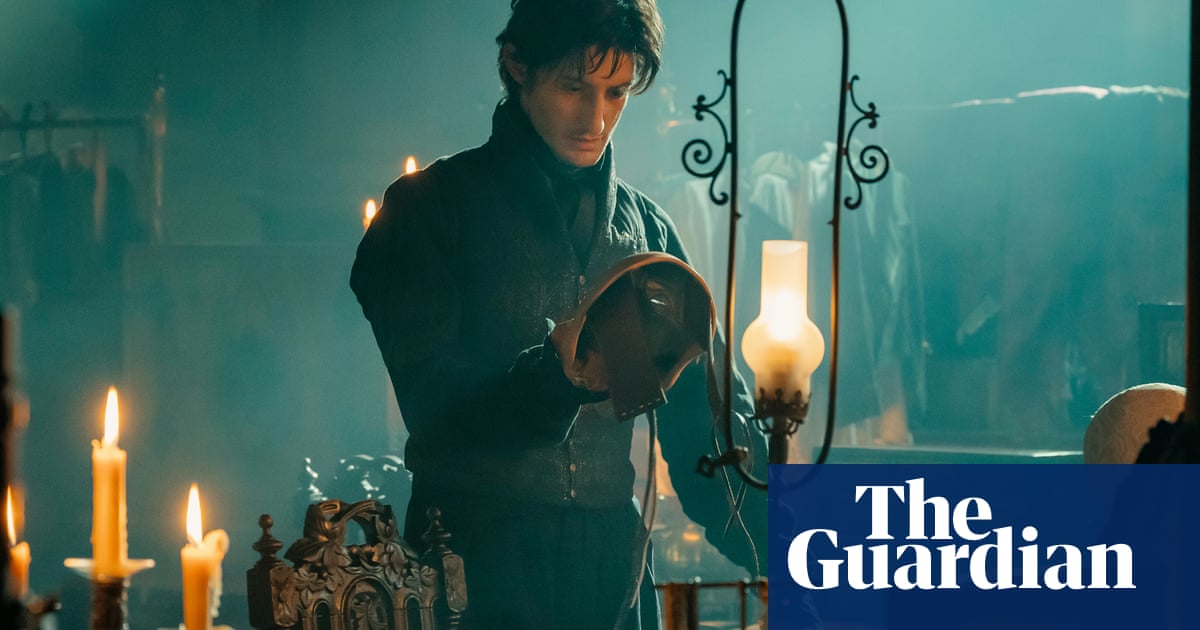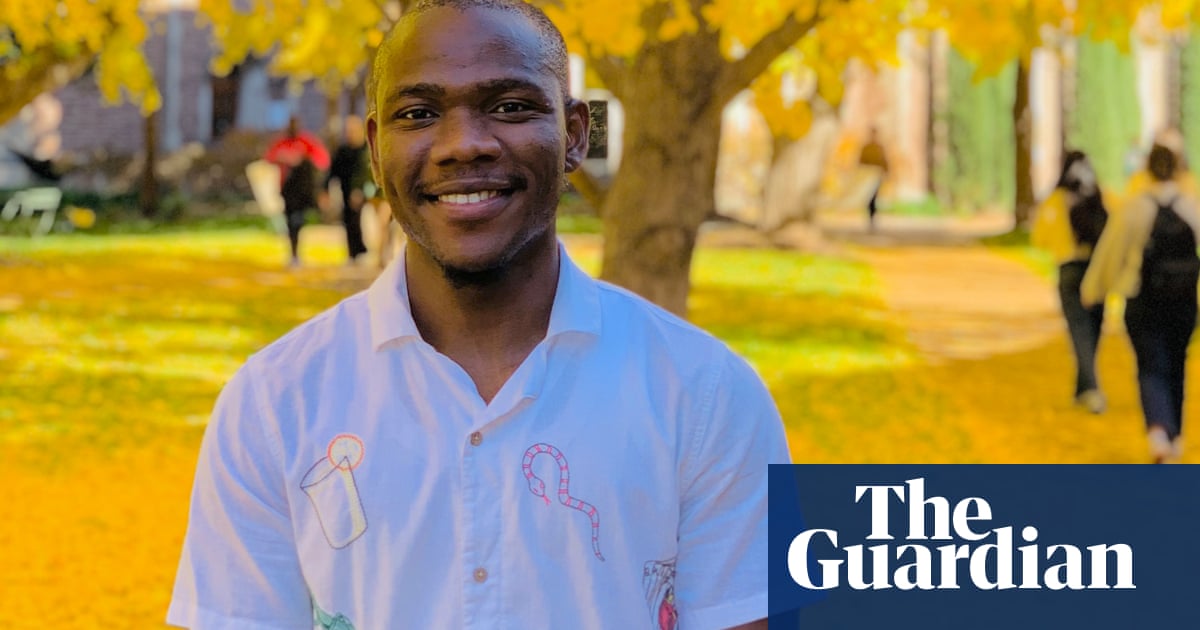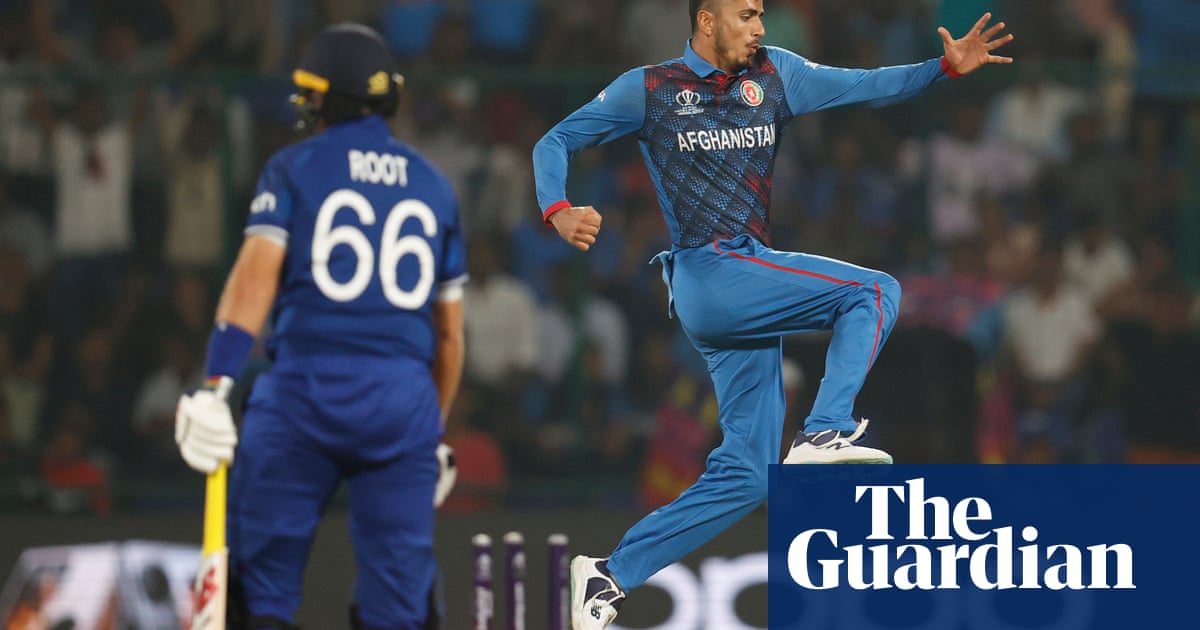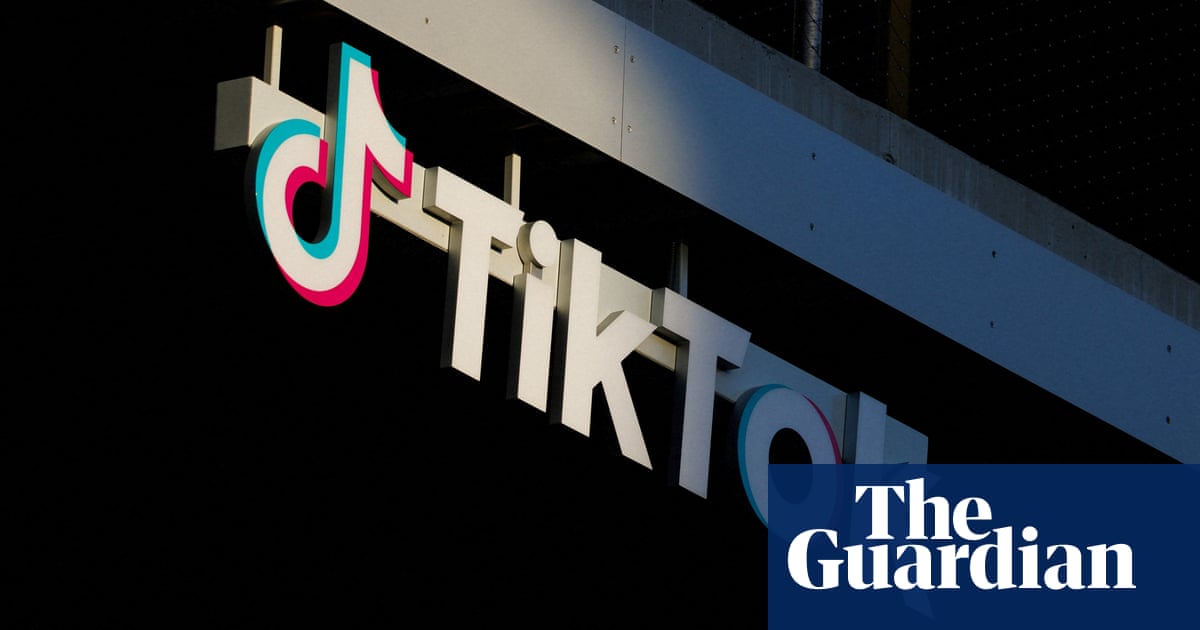When Paddington returned to cinemas on Friday, audiences may have noticed something unusual about the Brown family. Mrs Brown has had a full body transplant. Sally Hawkins, who played matriarch Mary Brown in the first two films, announced last year that she was stepping down from the furry franchise. In the new “threequel”, Paddington in Peru, she has been replaced by Emily Mortimer. Happily her ursine adoptee doesn’t seem to have noticed, or he might have choked on his marmalade sandwiches.
This isn’t the only major piece of recasting to be hitting our screens soon. The fourth season of Netflix fantasy epic The Witcher sees star Henry Cavill hang up his sword as peroxide-mulleted monster-hunter Geralt of Rivia. Liam Hemsworth will pick up the White Wolf’s weaponry for the climactic two series. Nor will Kim Bodnia return, due to a scheduling clash with Apple TV+ motorsport film F1, so the role of Vesemir, Geralt’s father figure, will be recast.
This is all quite common in US network sitcoms: Roseanne, The Fresh Prince of Bel-Air and The Big Bang Theory have all recast supporting roles. But what are the perils when high-profile roles get recast? How do fans react to a character they love suddenly being played by a different actor? Do replacements ever end up being better? How can this potentially fraught process be done correctly? And what happens if it goes wrong?

Global phenomenon Friends did it swifter than most. In the second episode, Ross’s lesbian ex-wife Carol was played by Anita Barone. She quit to pursue bigger parts and for the rest of the NBC hit’s decade-long run, the recurring role was played by Jane Sibbett. Pregnant at the time, Sibbett screentested for the Rachel role that ultimately went to Jennifer Aniston.
“They knew I was having a baby,” she recalls, “and it would be complicated, but they kept me in mind. When I came home from hospital after giving birth, I got a call asking me to come in the next day and read for Carol. Through my baby haze, I agreed. I said I wanted to play her as very loving – partly because of the hormones pumping around my body. They said, ‘Great, go for it.’ Within two days, we were shooting. I didn’t see Anita’s version until much later.”
Sibbett is something of a recasting veteran. “I’ve replaced people three times. In fact, I think I’ve replaced Anita twice. I eventually met her at a party and thought, ‘She’s gonna kill me!’ But we had a great chat. I thanked her for making the choices she did. She was nothing but gracious.” Sibbett relishes taking over roles: “It’s an exciting challenge. Reinvention is a fun part of being an actor, right? Your director and castmates have already been through it with someone else, so they help. Just leave your ego at the door.”
She initially signed up for two episodes. “It was meant to be a fortnight’s job. I ended up coming back for seven years. Sure, I wasn’t one of the main six but I’m the extra Friend. Maybe the seventh or eighth wheel.” The character made a big impression, not least when Carol married her partner Susan. “Same-sex weddings were rare on TV in 1996. There was some hullabaloo. Two affiliate stations refused to air it. They still trim it out in China. Representation is so integral. To this day, people tell me it opened conversations about their sexuality.”
Game of Thrones recast multiple roles across its eight series, with very little fanfare. Changed characters included Daario Naharis, Dickon Tarly, Tommen Baratheon and Gregor “the Mountain” Clegane – played by not one but three actors.

However, recasting can backfire. One of the first flops came on 60s supernatural sitcom Bewitched. Dick York played protagonist Samantha’s husband Darrin for five series until deteriorating health forced his departure. He was replaced by Dick Sargent, but viewers struggled to accept him and thought the couple suddenly lacked chemistry. In 80s super-soap Dallas, Barbara Bel Geddes left her role as Miss Ellie Ewing for emergency heart surgery. Donna Reed took over for one season, much to the consternation of viewers, before Bel Geddes was brought back – a rare case of a performer relinquishing then regaining a role.
On film, recasting killed the Flintstones franchise when John “Fred” Goodman and Rick “Barney” Moranis were swapped out for the less starry duo of Mark Addy and Stephen Baldwin. Rachel Weisz declined to return for The Mummy 3, so was replaced by Maria Bello doing a very dodgy British accent. Superheroes are also regularly refreshed. In Iron Man 2, Terrence Howard was ousted as War Machine in favour of Don Cheadle, due to a salary dispute with Marvel. Two years later, following a difference of vision, Edward Norton gave way to Mark Ruffalo as The Hulk.
Emmy-nominated casting director Kelly Valentine Hendry assembled the casts of Broadchurch and Fleabag. She says recasting usually happens for prosaic reasons: “I’ve had to recast on both Bridgerton and The Wheel of Time simply due to scheduling conflicts. Shows that do it tend to be massive international pieces where you can’t hold all your performers. With in-demand actors, unavailability issues are inevitable. If you can’t make it work, you might write them out, particularly in fantasy. Get them back for a few days – and give them a death on-screen!”
It’s more of a minefield when someone problematic is axed. Domestic violence allegations (eventually rejected by a US court) led to Johnny Depp’s exit from the Fantastic Beasts franchise, to the outrage of some fans. Controversy magnet Mel Gibson was ditched from the Chicken Run sequel, with Zachary Levi taking over as Rocky the rooster. On other occasions, it’s the arrival who causes a kerfuffle. When Jessie Cave took over from Jennifer Smith as Lavender Brown for the later Harry Potter films, the franchise was accused of whitewashing, as she is white, while Smith is Black.
after newsletter promotion

Hendry says news of a recasting is often sensationalised. “It gets reported as some spicy, gossipy situation but the change is never done lightly. If an actor is replaced, it could be for a private reason – health, mental health, family issues, behavioural problems. Like any job, things are complicated.”
Soap operas frequently recast as characters grow up on-screen. EastEnders has seen half a dozen different Ben Mitchells and seven Peter Beales. “Shows like The Crown have also made recasting more palatable to viewers,” says Hendry. “They understand why the passing of time requires an older actor.”
Coronation Street stalwart Nick Tilsley was played by Adam Rickitt until Tilsley quit to pursue a pop career. Ben Price took over in 2009 and plays Nick to this day. “You can’t replicate what’s gone before but you also can’t negate the fictional world you’re entering,” explains Price. “It’s like Doctor Who. Each incarnation keeps the Whoniverse going but does something different within it. I thought, ‘All I have to do is form a bond with the Tilsley family, then I’ll be all right.’”
He chose not to study Rickitt’s version of the role. “You have to find your own way, one you believe in. Impersonation isn’t acting. I’m sure Robert Pattinson didn’t pore over George Clooney’s Batman. It helped that there was a five-year gap between Adam and me. We’ve all left home, then gone back a few years later and been different.”
Recast actors are always prepared for a backlash. “There’s pastoral care geared towards dealing with any social media onslaught,” says Hendry, “but viewers usually get over the shock quickly. We recast Francesca Bridgerton when Ruby Stokes was offered a lead in another show. Hannah Dodd picked up the torch wonderfully. If it’s done with respect on all sides, fans treat it likewise. It’s like when someone wants out of a relationship. You’ve got to let them go. Recasting is like good lighting design. You shouldn’t notice it.” Price agrees: “Audiences are very accepting. They want it to work, just like you do. So far it has. Time is the test – and I’m still here!”
Hendry adds: “Another way of looking at it is, ‘Why don’t we recast more?’ Some actors are wary of being pigeonholed. They also have you over a barrel once cameras start rolling. Historically, performers have gotten away with bad behaviour because – what can you do? You’re bound to them. Imagine if that wasn’t the case and viewers just went, ‘Oh, it’s a different actor. That’s OK.’ The public are smarter than we give them credit for.”

.png) 1 month ago
12
1 month ago
12
